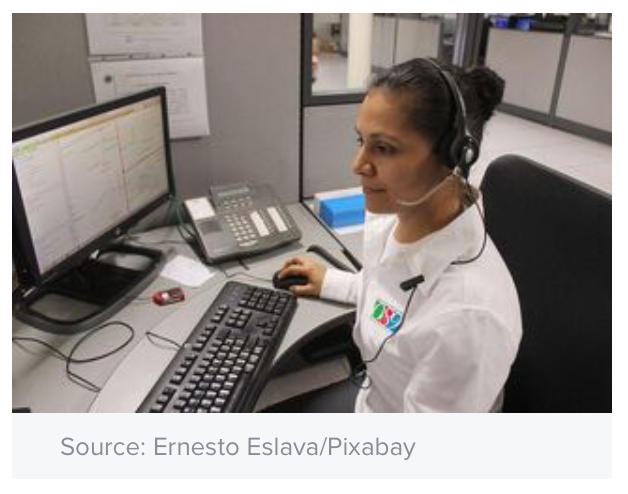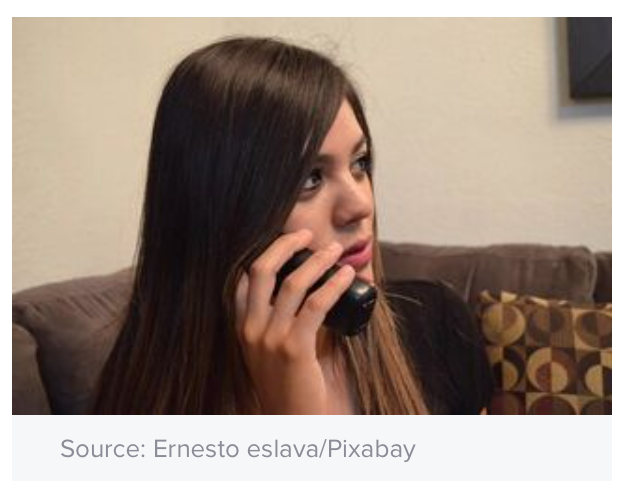Release time: 2022-06-29 16:19
Can a Murderer Be Identified as Lying on a 911 Call?
When murderers try to conceal their guilt, they may give themselves away.
KEY POINTS
A recent study found that there may be some signs of who is lying on 911 calls.
Guilty callers were less forthright and candid, and less likely to focus on important and relevant information.
The murderers who called 911 seemed more dramatic, theatrical, or overly emotional, and voiced concerns that they would be blamed for the murder.
911 Operator: “911, what’s your emergency?”
Caller: “My girlfriend was raped, and I think she’s dead. I need someone here now.”
911 Operator: “OK, is she breathing?”
Caller: “No, she ain’t. There’s vomit, she’s been beat. There was something tied around her neck. I just cut it off. She’s dead. I can’t...I’ve been doing CPR for the last 20 minutes. She ain’t coming back.”
911 Operator: “You said you’ve been doing CPR?”
Caller: “Yeah. Get someone down here right now before I kill ’em.”
911 Operator: “Sir, they’re on their way, OK?”
Caller: “...Because I think my neighbor did it.”
Liars on 911 Calls
 Every day, 911 emergency operators receive calls reporting that someone has been murdered. Often the caller is a distraught family member, a bereft friend, or a concerned stranger. However, sometimes it is the murderer themselves placing the call, portraying themselves as an innocent person who is simply trying to help. Is it possible to discern if someone reporting a murder is honestly trying to help or if they are, in fact, lying to cover their tracks? Recent research suggests there are some clues.
Every day, 911 emergency operators receive calls reporting that someone has been murdered. Often the caller is a distraught family member, a bereft friend, or a concerned stranger. However, sometimes it is the murderer themselves placing the call, portraying themselves as an innocent person who is simply trying to help. Is it possible to discern if someone reporting a murder is honestly trying to help or if they are, in fact, lying to cover their tracks? Recent research suggests there are some clues.
Cues to Deception
In the deception research literature, it is a widely established finding that people perform only slightly better than chance levels when they try to determine if someone is lying or telling the truth. Even experts such as police detectives perform no better than college students when trying to guess who is lying and who is being honest. However, a recent study by researchers at Villanova University found that there may be some signs of who is lying on 911 calls.
A Study of 911 Calls
In the study, researchers gathered dozens of recordings of 911 calls in which people called to report a murder. Half of the calls they analyzed were ones in which the facts clearly indicated that the caller was innocent of the crime and was not involved in the murder. Interestingly, they also examined dozens of 911 calls in which the caller was later determined to be the actual murderer. For instance, the caller was later found guilty of the homicide in a court of law. The researchers studied the qualities of each 911 call to determine if the guilty callers sounded different than the innocent callers.
How Liars Sound
 After an extensive analysis, they found that the two groups of callers did vary in some key ways. They found that the guilty callers were less forthright and candid. They were less likely to focus on important and relevant information. Additionally, they were less cooperative and didn’t seem to be focused on the tasks at hand. They appeared to be obstructing or sabotaging the victim’s ability to get help. The guilty callers seemed defensive and evasive when asked questions. They also seemed more reckless and unpredictable. Additionally, they seemed more dramatic, theatrical, or overly emotional. Lastly, they voiced concerns that they would be blamed for the murder.
After an extensive analysis, they found that the two groups of callers did vary in some key ways. They found that the guilty callers were less forthright and candid. They were less likely to focus on important and relevant information. Additionally, they were less cooperative and didn’t seem to be focused on the tasks at hand. They appeared to be obstructing or sabotaging the victim’s ability to get help. The guilty callers seemed defensive and evasive when asked questions. They also seemed more reckless and unpredictable. Additionally, they seemed more dramatic, theatrical, or overly emotional. Lastly, they voiced concerns that they would be blamed for the murder.
These findings suggest that when murderers attempt to conceal their guilt, they may unwittingly show their hands. The researchers made clear that their analysis does not provide demonstrable proof of who is lying during 911 calls, but they do offer intriguing evidence that if we listen closely to what people say, especially during high-stakes situations, we may find some subtle cues to who is being honest and who is lying.

Christian L. Hart, Ph.D., is a Professor of Psychology and Director of the Psychological Science program at Texas Woman’s University.
psychology today